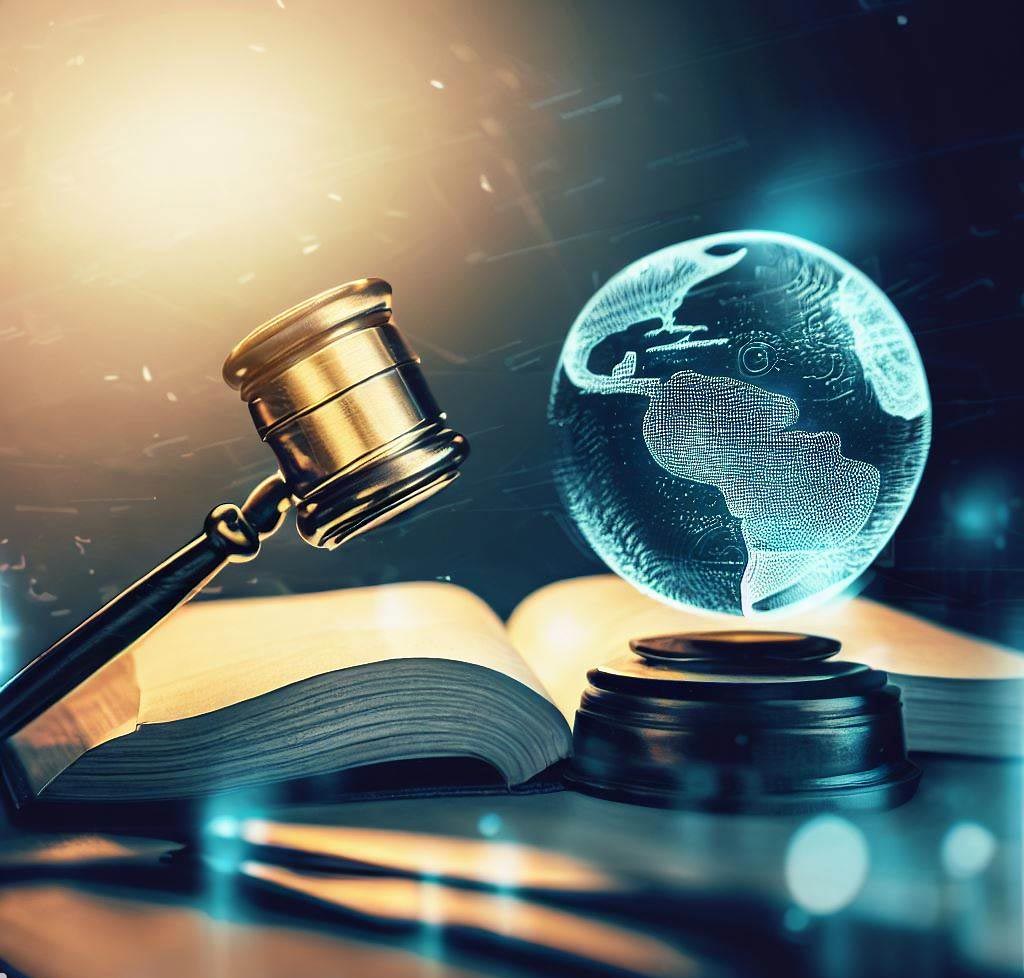
International law, also referred to as global law, worldwide legislation, transnational law, or the international legal framework, plays a pivotal role in our rapidly globalizing world. This in-depth article provides a comprehensive understanding of international law, highlighting its significance in global governance and peacekeeping, along with the exploration of its current challenges and potential solutions.
Definition of International Law and Its Types
International law, or the international jurisdiction, encompasses legal rules, norms, and standards that govern the relations between sovereign states and other entities recognized as international legal personalities. Broadly, international law is classified into two types:
-
Public International Law: This encompasses the rules and laws that regulate the conduct and relations of sovereign nations, international organizations, and, to some extent, individuals.
-
Private International Law: Also known as "conflict of laws," this involves disputes between private entities, such as individuals, corporations, or non-government organizations, that cross international borders.
A Brief History of International Law
The evolution of international law in the 21st century is a rich tapestry woven from the threads of peace treaties, war conventions, diplomatic negotiations, and in response to the rise of global issues like human rights violations, terrorism, and environmental degradation.
The concept of international law can be traced back to the Peace of Westphalia in 1648, which ended the Thirty Years' War and marked the beginning of the modern state system. However, the foundations of contemporary international law were laid in the 19th and early 20th centuries with significant events such as the Hague Peace Conferences (1899 and 1907) and the establishment of the League of Nations (1920) and the United Nations (1945).
Importance of International Law in Today's Globalized World
In our increasingly interconnected world, international law plays a critical role in fostering global cooperation and maintaining international peace and security. Here are a few points that underline its importance:
-
Facilitating International Cooperation: International law provides a framework for states to cooperate on global issues such as climate change, international trade, maritime security, and global health crises.
-
Maintaining International Peace and Security: International law regulates the conduct of states and prohibits the use of force in international relations, thus playing a pivotal role in maintaining peace.
-
Promoting Human Rights and Justice: International law sets universal standards for the protection of human rights and the administration of justice.
-
Regulating International Trade and Economy: International law helps create a stable and predictable environment for international trade and economic relations, thus contributing to global economic growth.
The Role of International Bodies in Enforcing International Law
The enforcement of international law primarily relies on international bodies, especially the United Nations (UN). The UN, along with its specialized agencies, plays a central role in establishing and implementing international law.
-
United Nations: The UN is the primary source of international law and is responsible for creating many of the treaties that make up the body of international law.
-
International Court of Justice (ICJ): As the principal judicial organ of the UN, the ICJ settles legal disputes between states and gives advisory opinions on legal questions referred to it by authorized UN organs and specialized agencies.
-
International Criminal Court (ICC): The ICC is an independent international organization that prosecutes individuals for the international crimes of genocide, crimes against humanity, and war crimes.
-
World Trade Organization (WTO): The WTO is an international organization that deals with the global rules of trade between nations, helping to ensure that trade flows as smoothly, predictably, and freely as possible.
Current Challenges to International Law and Possible Solutions
Despite its significant role, international law faces several challenges in the 21st century:
-
Enforcement: The lack of a central enforcement mechanism often results in non-compliance with international law. Strengthening international institutions and enhancing international cooperation can improve compliance.
-
Sovereignty vs. Supranationality: The tension between national sovereignty and supranational authority is a recurring challenge. Increasing awareness about the benefits of international law could help strike a balance.
-
Global Inequalities: The dominance of powerful nations often leads to global inequalities in international law. Greater representation and participation of developing and least developed countries in international law-making can address this issue.
-
Emerging Global Issues: Contemporary issues like cyber warfare, artificial intelligence, and climate change present new challenges to international law. Regular updating and adaptation of international law to these changing realities are essential.
Conclusion
International law plays an instrumental role in maintaining global peace, promoting cooperation among states, and addressing global challenges. While it confronts several challenges, strengthening international institutions, fostering global cooperation, and adapting to emerging issues can help fortify its effectiveness in our increasingly globalized world.
Law


